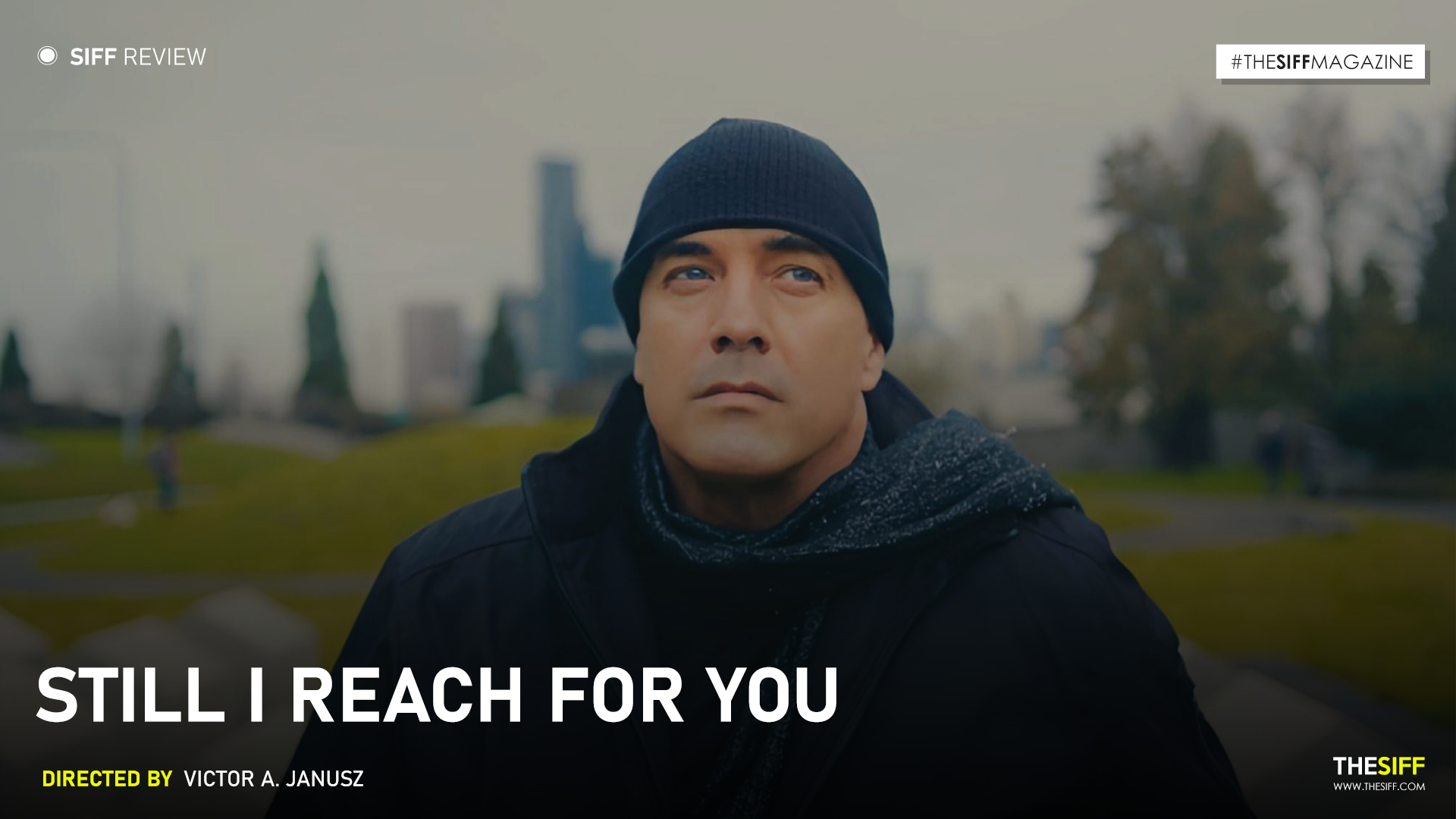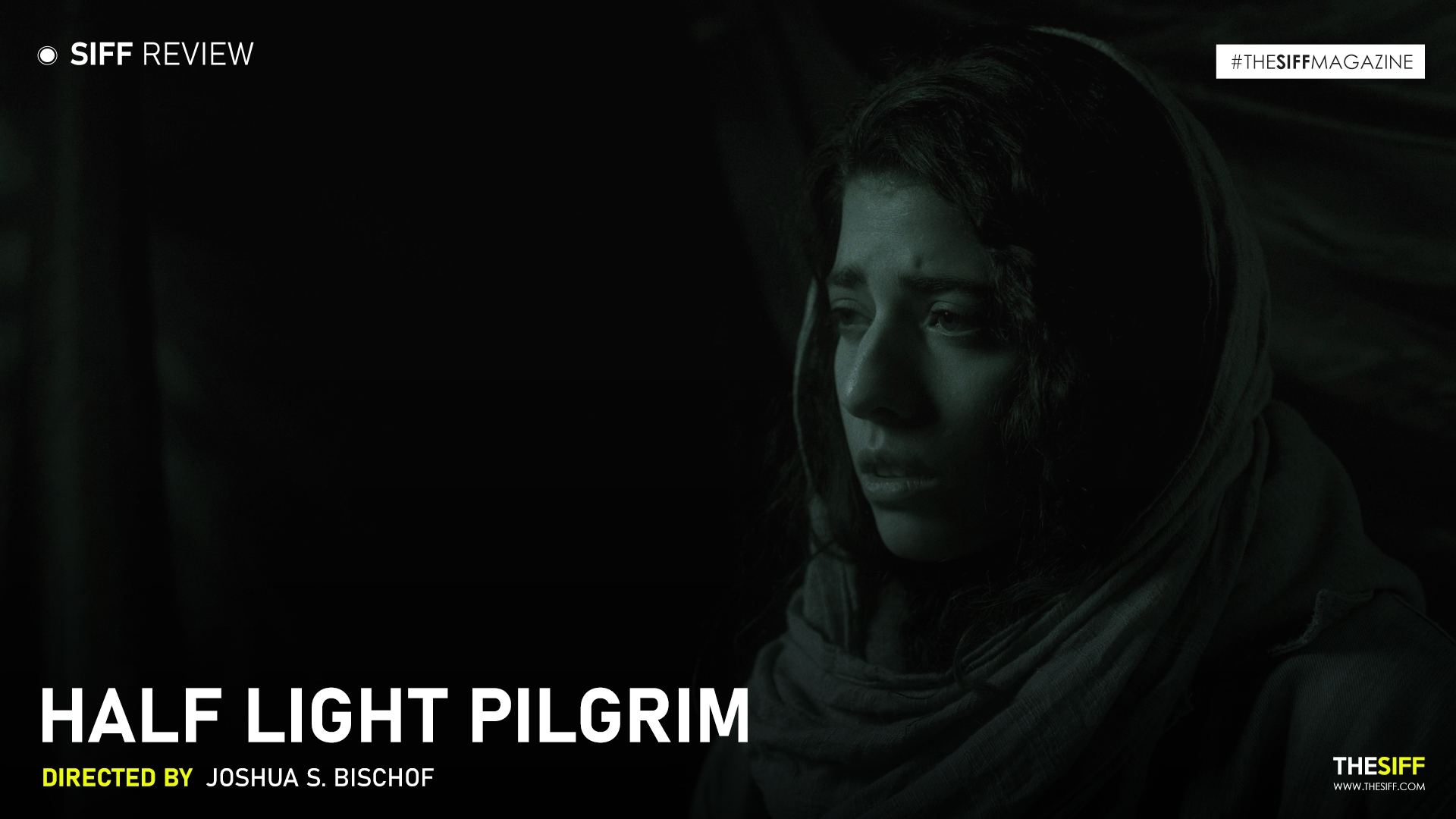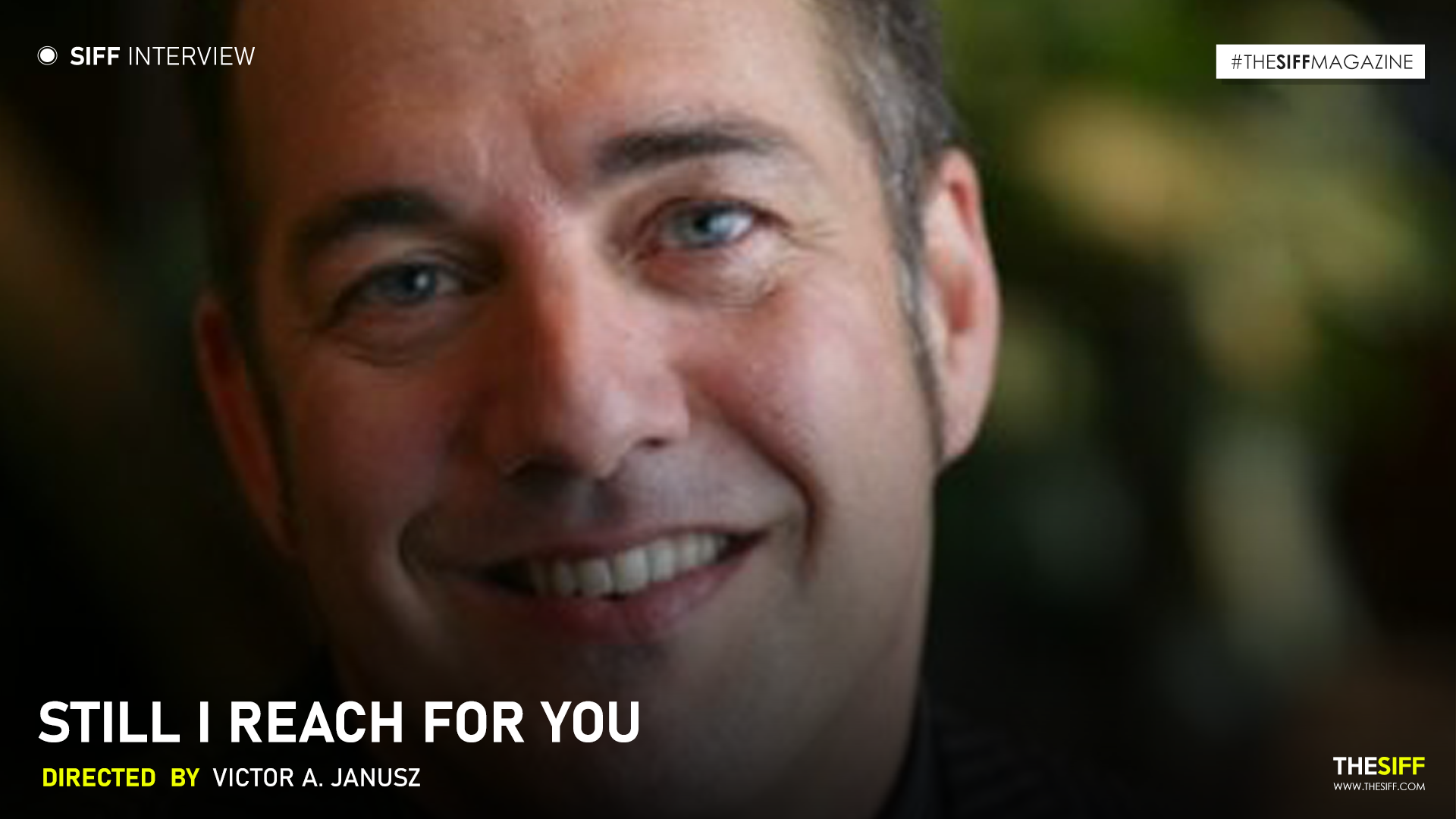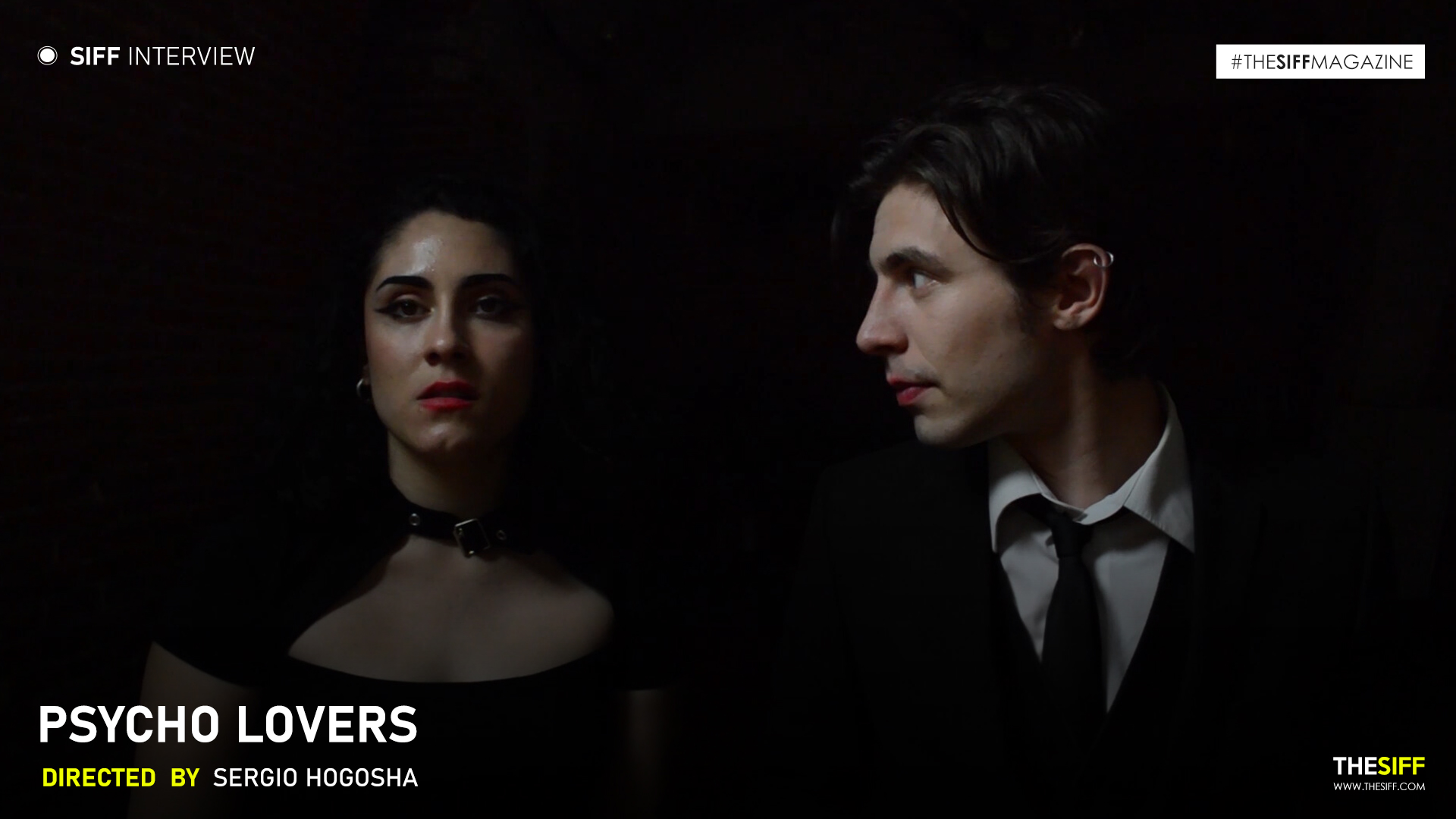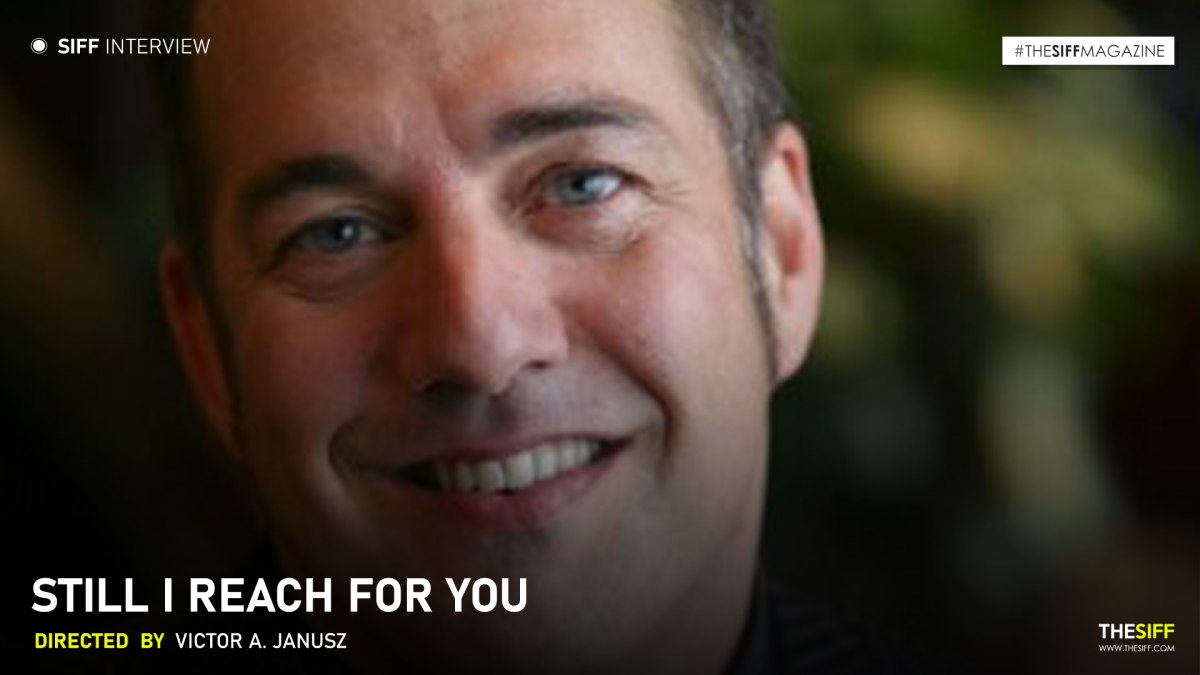
Movie: Still I Reach For You
Director: Victor A Janusz
Hello Victor! Welcome to the SIFF!
1.“Still I Reach For You” is such a heartwarming movie! What inspired you to make this film?
It is the story of my life-partner’s suicide due to AIDS-related brain cancer in 1993– or more so, the story of my recovery and dealing with it since.
2.Victor, it is clear from your film that you have a brilliant flair for storytelling. How do you craft your stories?
From where do you draw them? I base songs I write and compose, as well as narrative stories and film screenplays on the “emotional earthquakes” in my life, what I call the “game changer” episodes. We don’t always see them coming –look how COVID took the world by surprise, even though Fauci, the Gates Foundation, scientists all warned us for two decades that the “era of coronaviruses was coming”…. Those shock moments spark creativity –and a way to feel less alone with those life events.
3.Tell us what are the most important parts of a movie? What makes a movie stand out?
I really feel it is the collective narrative between the script and the directorial voice that drives any movie: Audiences know when the movie as a whole has that “ring of truth” to it. It can’t be faked. Hitchcock said “A great movie must have three things: a good script, a good script, and a good script”. It all starts with an honest, deep from the heart and guts…STORY.
4.“Still I Reach For You” touches upon a very personal and sensitive issue that had shifted our way of life in the past! I’d love to know why you chose that timeline?
AIDS was scary –we didn’t know how or if it would end, we just knew it was wiping gay men out like a tidal wave…..It wasn’t until the life saving medications –the “Cocktail”— arrived in late 1995, that we saw any light, any hope. As a survivor living decades past that time, –has created it’s own PTSD. Not just widows like me, but all those who don’t want anything or anyone forgotten from the AIDS experience. And people still die of AIDS every year!
5.As a storyteller, what is your primary goal?
To share as honestly as I can the “Extraordinary” in my life –and my reactions to the life around me. My artistic viewpoint of it all, –My new screenplay is all about ways we miscommunicate because we perceive, digest and spin ourselves so quickly nowadays. We get a lot wrong!
6.Apart from being a director, you are also a prolific actor. As an individual, which one do you prefer more?
They are so connected. People who direct me always say “I thought you’d be difficult, but from day one you totally surrendered and just focused on your role and your contribution to the story! I thought cuz you’re a director you’d be combative” And actually I’m what I want actors to be for me. AS much as I love throwing myself into a character and being someone else, –I’m naturally drawn to storytelling as the director, and FILM is first and foremost –a director’s medium.
7.Victor, it would be great if you could share which storytellers serve as your inspiration with our readers!
Film-wise I loved the work of Hitchcock, Cassavetes, Robert Altman (whom I was fortunate enough to meet twice!) Lyn Shelton from Seattle, I love the work of Mike Nichols and Spike Lee for its sheer singularity and sophistication. In the theatre I Am quite the Edward Albee fan, and I love how Tennessee Williams’ poetry (the poetic effect of his greatest works) lives on –and feels more modern than tomorrow!
8.Victor, how do you select your actors? How was the audition?
I often write with a specific performer in mind –but I don’t always get them! I love when an actor I don’t know shows up to audition –and surprises me!– because they deeply commit, have incredible energy and show me something I didn’t anticipate or already envision in a role I wrote!
9.The film has two timelines. The past and present are intertwined in a beautiful way. What effect does our past have on us?
The past lives right alongside us in our present, consciously– as well as buried in that ocean of subconscious we all float above –as if it weren’t there! I read a Buddhist thought recently “The present is all. Each moment instantly becomes memory.”
10.Despite all the grief and pain, the film ends on a positive note. Would you like to share your insights regarding that?
The major positive note –one “message” of the film (which is never spoken, or talked about) is that music heals; The act of becoming a musician, writing and recording my songs with my band –literally gave me the humanity to continue my life –perhaps without the horrific wound, but also accepting that “the scar will always be there”.
11.It was a nice chat, Victor! Would you share with our readers what are you working on next?
My full-length screenplay (two hour film) is in first-draft phase, with 25 characters, tentatively titled “Last Dance, Amelia” it is driven by the Miscommunications I brought up earlier, as well as my (20 years experience) work as a music therapist working with people facing dementia, stroke rehab, and primarily Alzheimer’s .
Would you share how you enjoyed working with the SIFF!
I loved the persistence and thoroughness with which you addressed my feature film, and its content, style. You dealt with the details so much more than most festivals –greatly appreciated!



